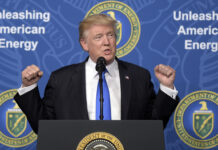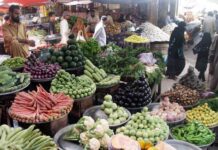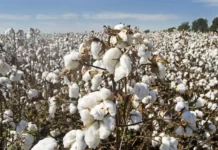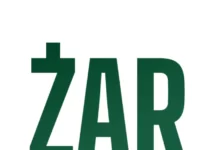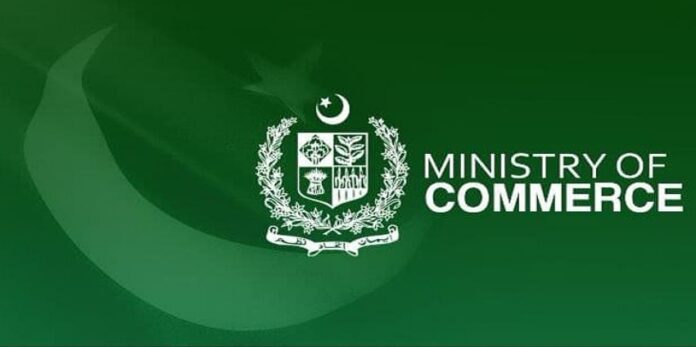ISLAMABAD — The Ministry of Commerce on Thursday distanced itself from any direct responsibility for tackling illicit trade and smuggling, asserting that the matter falls outside its mandate and data collection responsibilities. Instead, the ministry called for a “Whole-of-Government” approach to address the growing issue comprehensively.
This position was presented by Additional Secretary (Trade Policy), Salman Mufti, during a meeting of the Sub-Committee of the Senate Standing Committee on Commerce. The meeting, chaired by Senator Sarmad Ali, was also attended by Senators Faisal Saleem Rahman and Zeeshan Khan Zada. The session was convened to evaluate the validity of alarming statistics presented by the economic think tank PRIME Institute regarding Pakistan’s informal trade economy.
According to PRIME, illicit trade in just five sectors — tobacco, pharmaceuticals, tyres and lubricants, petroleum, and tea — totals Rs750 billion annually. The report estimates Rs300 billion in losses due to illegal tobacco trade alone, followed by Rs270 billion in petroleum, Rs106 billion in tyres and lubricants, Rs60–65 billion in pharmaceuticals, and Rs10 billion in tea. PRIME further cited a former Customs Intelligence official, now at the Competition Commission of Pakistan (CCP), who pegged the total volume of illegal trade at $16 billion annually.
Committee members questioned the reliability of these figures. While the Executive Director of PRIME acknowledged the report, he clarified that much of the data came from secondary sources, including United Nations reports and independent surveys. This prompted concerns about the lack of verifiable evidence, particularly in high-stakes sectors such as tobacco.
“The Rs300 billion figure cited for tobacco appears inflated,” said Senator Faisal Saleem Rahman, who also chairs the Senate Standing Committee on Interior. “If the number is accurate, it raises serious questions about the accountability of our enforcement agencies. If it isn’t, then the report must be withdrawn.” He noted that the figure is also being used as a key statistic in the ongoing “Behtareen Pakistan” campaign backed by major cigarette manufacturers.
Representing Khyber Pakhtunkhwa — where districts like Swabi, Mardan, and Charsadda are prominent tobacco-growing regions — Senator Rahman underscored his dual responsibility to protect both farmers and law enforcement integrity. Senator Zeeshan Khan Zada echoed his concerns and called for an independent verification of the claimed losses.
The committee agreed on the need to broaden the scope of inquiry by holding a joint meeting of all relevant stakeholders. These include public sector representatives such as the Federal Board of Revenue (FBR), law enforcement agencies, and the Commerce Ministry, as well as private sector actors like the Pakistan Tobacco Company, Philip Morris, local manufacturers, and tobacco farmers. Senator Sarmad Ali suggested convening a comprehensive stakeholder meeting to gather a balanced view on the issue.
In parallel, the committee announced plans to conduct a separate review focused on illicit trade in the pharmaceutical sector, another area identified as a major source of tax evasion and regulatory circumvention. The goal, according to lawmakers, is to formulate sustainable policy responses backed by concrete data and consensus among stakeholders.


